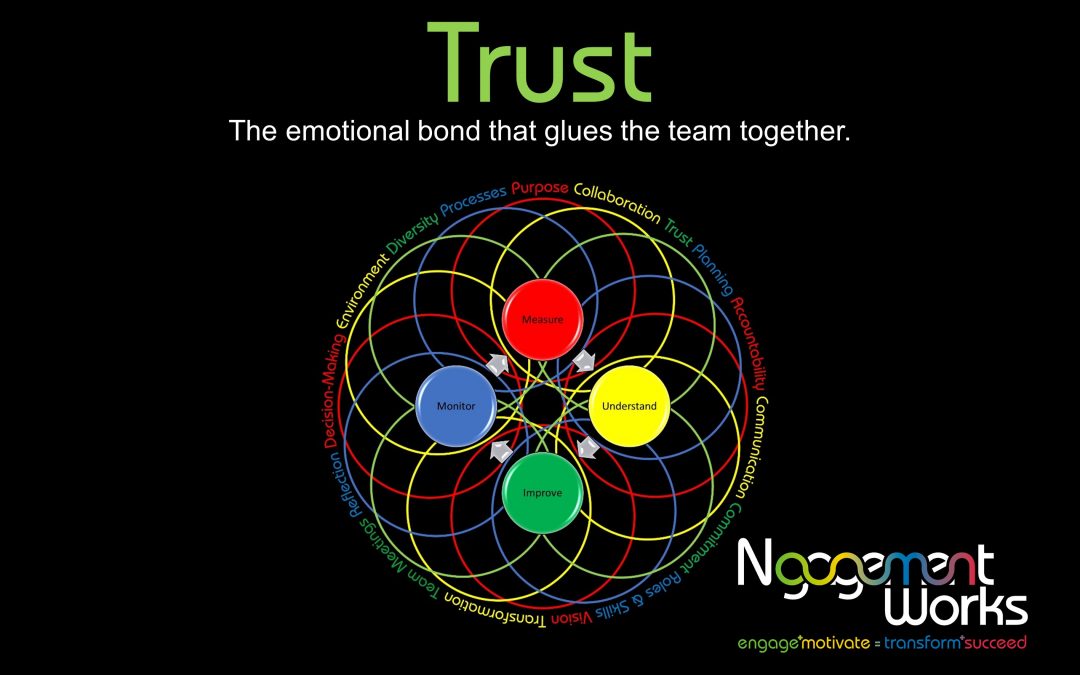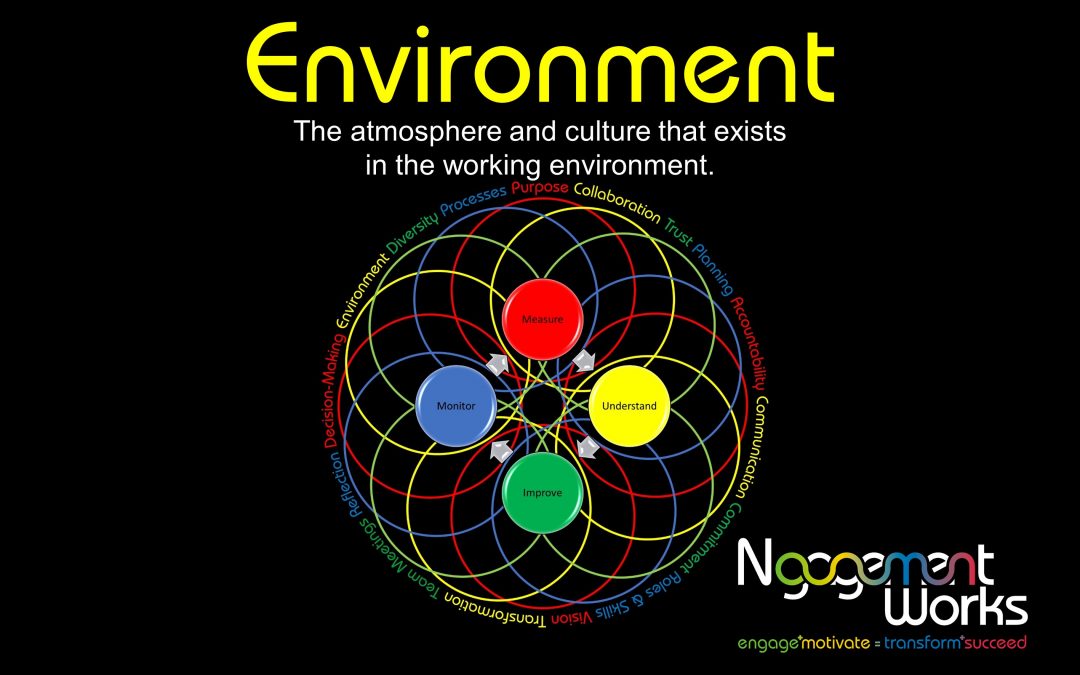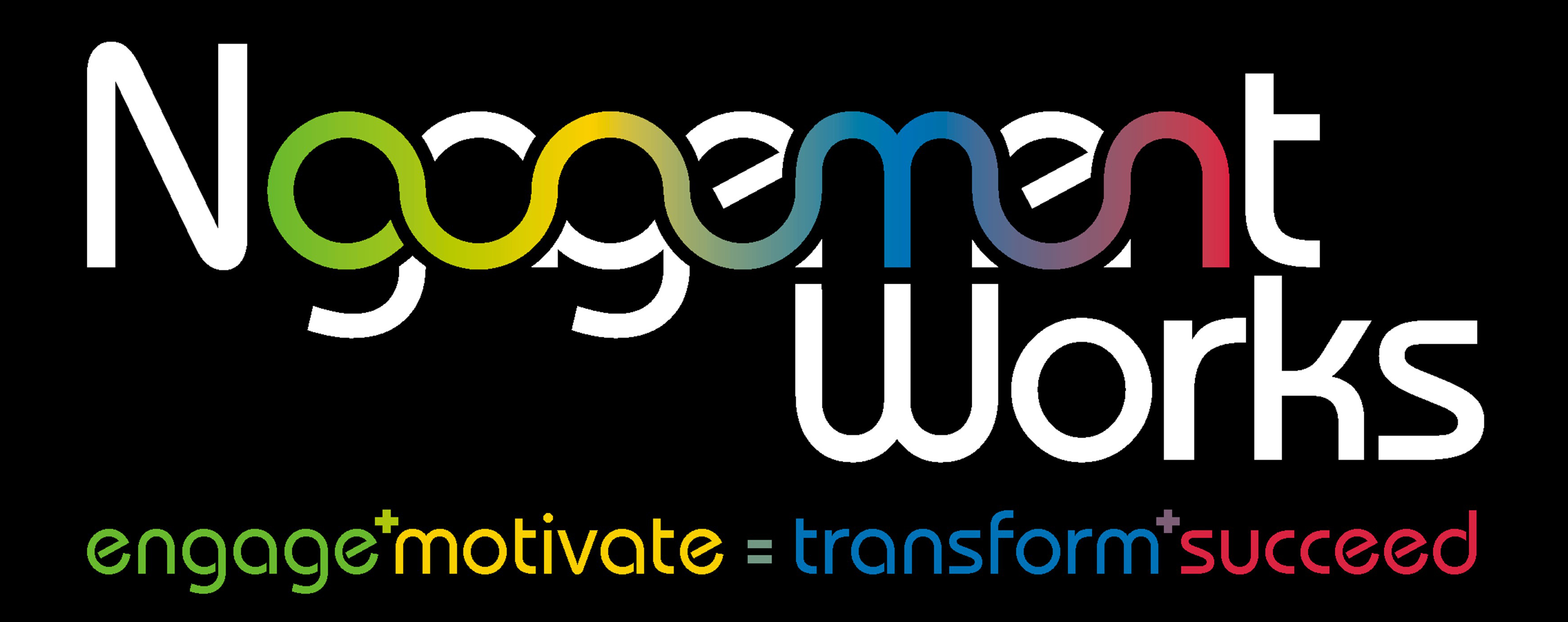We all know someone who irritates us. The pen-clicker or the finger desk-tapper. The person who throws in jokes at meetings, to lighten the atmosphere. The person who thinks their way is the only way, or always puts down the ideas of others. The person who always turns up late for meetings. Just a few and I am sure you have many more to add.
The thing is, it is likely that some of the things we do or say, irritate others!
Left to fester, relationships can become strained or ultimately fail. This can be disastrous, especially, when the issue is with one of our team, as the toxic atmosphere is picked up by others and affects many others, apart from just you and the other person.
Whilst what the other person says or the way they behave is the catalyst, it is usually our inability to raise the issue with them, that ultimately makes the situation worse, or indeed leads to the relationship failing completely. 9 times out of 10, when the issue is raised with that person, they are totally unaware that either how they behave or what they say is irritating.
We also know that success, both individually and as a team, is built upon the positive relationships between team members.
So, what can we do to ensure the relationships with our colleagues flourish and go from strength to strength?
Here’s an activity that I undertake when I facilitate team-building workshops, that you can do with your team. I call it Contracts Of Commitment, as you are contracting with your colleague, to continue to do things that work in your relationship and also committing to change those things that don’t work.
Now, I am a firm believer that when providing feedback to another person, it needs to be balanced and secondly, you need to have examples that you can share with them.
Here’s a PDF copy of the 1-page template that you can download, print and use, in conjunction with the steps below. Ngagementworks Contracts of Commitment
Step 1: Write your name in the oval in the middle of the template.
Step 2: Write the names of your colleagues in your team in the ovals around the outside.
Step 3: On the line between your name and theirs, write down two pieces of information about the relationship you have with them.
A: Something that they do in the relationship they have with you that works.
B: Something that they do in the relationship they have with you that doesn’t work and you’d like them to change.
Remember to make a note of some specific examples for both.
Step 4: Get your colleagues to do exactly the same.
Step 5: Pair off with one your colleagues and have a good conversation about the things that are working well and those that need to change. Use the template to make any notes and also record the feedback that you receive from them.
Step 6: At the end of the conversation, both contract and commit to continue to do what works well and change what doesn’t.
My recommendation would be for everyone to have a review session after about 6 weeks, to ensure things are working in 1:1 relationships and to make tweaks, where required.
I’d love to hear how you get on with this activity. Often in workshops, people are initial worried about undertaking it, however, by the end, they often say that they wished they had done it sooner within their team and not waited until experiencing it in a workshop!
Can I help you by working with your team or speaking at your conference?
If you want to discuss how I may be able to help you and your team achieve even greater success by facilitating team building or by speaking at your conference, either send me an email to nick@ngagementworks.com, or use the Contact Form
Wishing you continued happiness and success in both work and life.
Yours engagingly, Nick
Sharing is caring
If you know of someone who would find this article of value, please do share it with them, using the social media buttons below. In addition, if you don’t want to miss out on other team-building activities shared, use the Newsletter subscription to the right. You’ll receive a quarterly newsletter with other team-building activities you can use with your team, to help you achieve even greater success.
Photo by Mimi Thian on Unsplash





